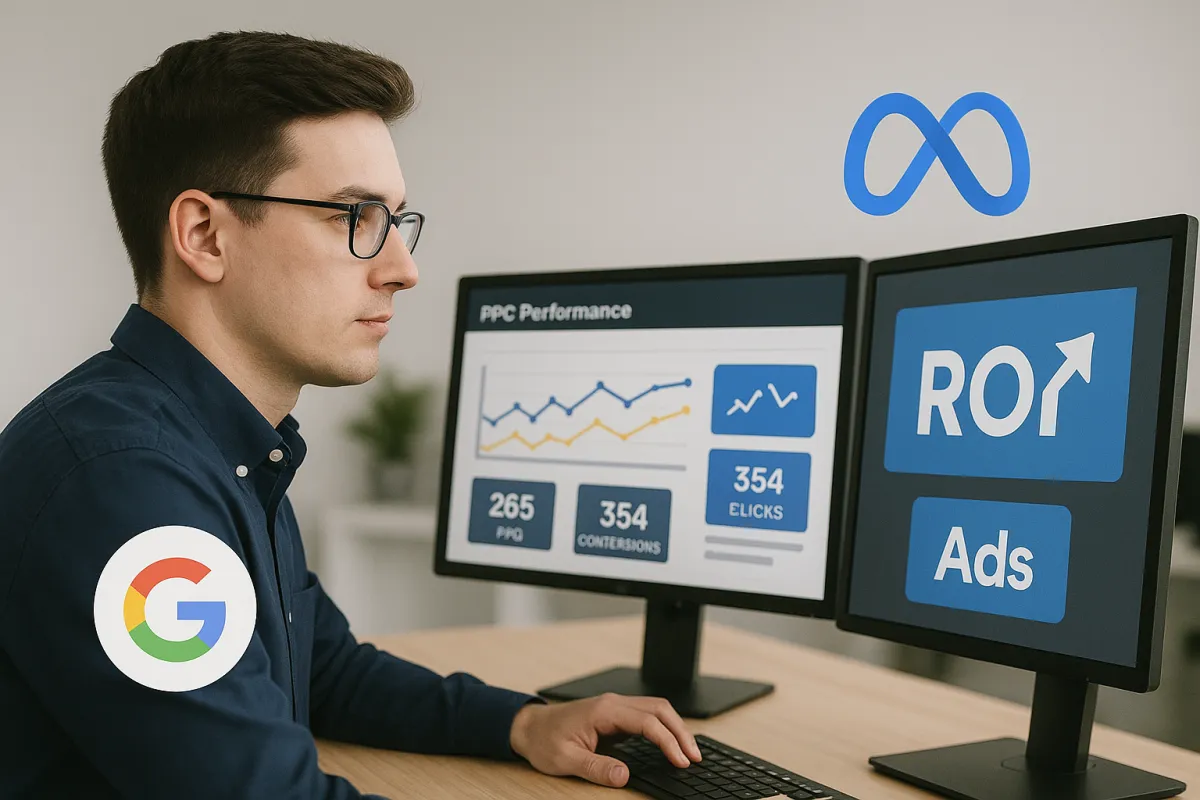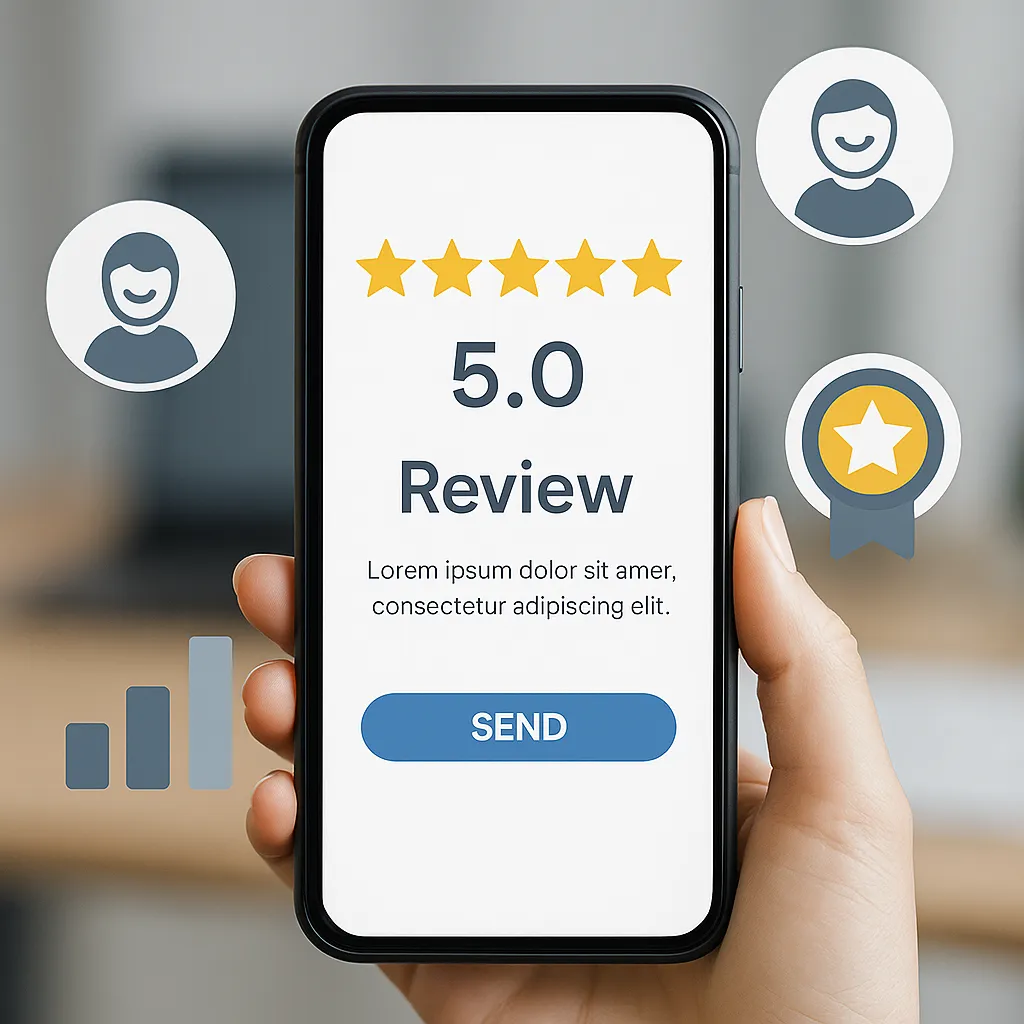Mastering Local SEO: A Guide to Keyword and Competition Research
Mastering Local SEO: A Guide to Keyword and Competition Research
In the competitive digital landscape, local search engine optimization (SEO) is a critical component for businesses aiming to attract nearby customers. A successful local SEO strategy is built on a solid foundation of in-depth keyword research and a keen understanding of the competitive environment. For a deeper dive into this topic, you can explore this comprehensive guide on keyword and competition research for local SEO campaigns.
The Power of Local Keyword Research
Local keyword research is the process of identifying the search terms that potential customers in your specific geographic area are using to find services or products like yours. Unlike general SEO, local SEO focuses on a geographically defined audience. Understanding what your local audience is searching for allows you to tailor your website's content and on-page SEO to meet their needs, ultimately driving more relevant traffic to your site and your physical location.
So, how do you get started?
Brainstorm Your Core Services: Begin by listing all the services you offer. Think from a customer's perspective. For example, a car repair shop might list "oil change," "brake repair," and "engine diagnostics." These core services are the foundation of your keyword list.
Expand with Local Modifiers: Once you have your list of services, add location-based modifiers. These can be the name of your city, state, neighborhood, or even "near me." For instance, "brake repair in [Your City]" or "car service near me."
Utilize Keyword Research Tools: Leverage keyword research tools to uncover a wider range of search terms and their search volumes. These tools can provide valuable insights into what your local customers are searching for and help you identify long-tail keywords—longer, more specific phrases that often have lower competition and higher conversion rates.
Analyze the Search Engine Results Pages (SERPs): After compiling a list of potential keywords, it's crucial to analyze the SERPs for those terms. Look for the "map pack" (the box with a map and three local business listings) and local businesses ranking in the top organic results. This will help you understand the search intent behind the keywords and whether they are truly local in nature.
Sizing Up the Competition
Understanding what your local competitors are doing is just as important as your own keyword research. A thorough competitor analysis can reveal opportunities you might have missed and help you refine your strategy.
Identify Your True Competitors: Your local competitors are the businesses that appear in the SERPs for your target keywords. These are the businesses you are directly competing with for local customers.
Analyze Their Online Presence: Examine your competitors' websites, Google Business Profiles, and social media accounts. Pay attention to the keywords they are targeting, the content they are creating, and their level of engagement with customers.
Audit Their Backlinks and Citations: Analyze your competitors' backlink profiles to look for high-quality local links from sources like local news outlets, blogs, and community organizations. Also, check their citations—mentions of their business name, address, and phone number (NAP) on online directories. Consistent and accurate NAP information is a key ranking factor in local SEO.
By combining thorough keyword research with a comprehensive analysis of your local competition, you can develop a powerful local SEO strategy that drives results.


















